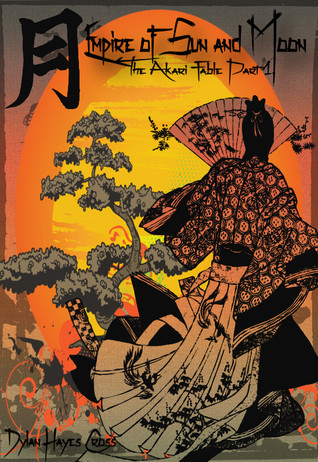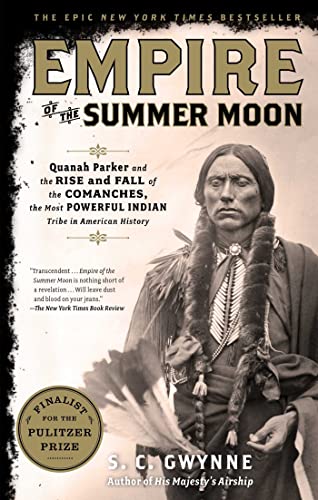Alright, let’s talk about this book, Empire of the Sun. I finally got around to reading it. It’s one of those books I’ve seen around for years, heard people mention, saw the movie poster ages ago, but just never picked up.

So, last month, I was browsing in a second-hand bookshop, just killing time really. And there it was, sitting on the shelf. Looked a bit worn, which I kinda like in a book. Felt right. So, I grabbed it. Didn’t cost much either.
Getting into it was… interesting. It starts off setting the scene in Shanghai, just before things go really bad. You’re following this kid, Jim. A British kid living a pretty privileged life, kind of disconnected from everything happening around him. It felt a bit slow at first, just seeing his world.
Diving Deeper
Then, bam! Things change fast. The war hits Shanghai. That’s when the book really grabbed me. It wasn’t like some heroic war story. It was just chaos, seen through this kid’s eyes. He gets separated from his parents. Suddenly, he’s on his own, trying to figure out how to survive.
I found myself reading it mostly in the evenings, after work. Sometimes just a chapter, sometimes I’d get sucked in for longer. It’s quite something, seeing the world break down but the kid just adapts, almost in a strange, matter-of-fact way. He focuses on the little things, finding food, shelter, navigating the camps later on.
- The descriptions of the camps were rough. Not overly dramatic, but just… bleak. You feel the hunger, the boredom, the uncertainty.
- Jim’s relationship with the American guy, Basie, was complex. Hard to know who to trust.
- Seeing the war from ground level, through civilian eyes, especially a kid’s, hits different than reading about battles and strategies.
It made me think, you know? About resilience. How people, even kids, can just keep putting one foot in front of the other, even when everything’s gone sideways. It wasn’t preachy or anything, just showed it. There were parts I had to reread because the perspective felt so unique, almost detached sometimes, which I guess is how Jim coped.

Finishing Up
Took me about three weeks, reading it on and off. Finishing it felt… quiet. It’s not a book that leaves you with easy answers or a neat ending. Things just sort of… stop, like real life often does after big events. You’re left thinking about Jim and what happens next, how that experience would shape him.
Overall, it was quite the read. Not exactly cheerful, obviously, given the subject. But powerful. Stuck with me for a few days after I finished it. Glad I finally picked it up off that dusty shelf. It’s a raw look at survival and a strange kind of coming-of-age story, all tangled up in the mess of war.









